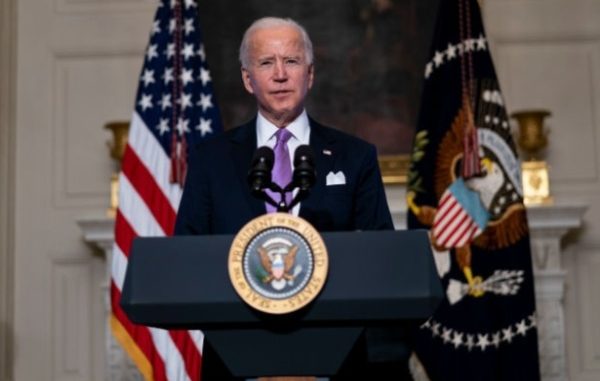
The Biden administration isn’t actively considering retroactive tax increases, which fail to give individuals and businesses time to respond to the higher rates, a Treasury Department official said.
“You want to have a tax system where people — taxpayers — can react to the increases in the tax system so that they can change their behavior,” Mark Mazur, the Treasury Department’s deputy assistant secretary for tax policy, said Tuesday at an American Bar Association virtual event. “When you do retroactive tax increases that’s not possible. That tends to be not the first choice.”
Speculation has surged in recent months among wealthy families and U.S. businesses that the new administration could pursue increases in corporate, individual and capital gains tax rates later this year, and make them effective to the start of 2021. Family offices and some companies rushed to restructure their assets and pursue some sales before the end of 2020 to avoid the potential for higher taxes this year.
Mazur, an appointee of President Joe Biden, said that if retroactive tax increases were pursued, doing them in the early part of the year “makes sense.” He said the administration also might consider them if the specific moves had been under discussion for a long time — and taxpayers had effectively been “given notice.”
Biden campaigned on raising the corporate rate to 28%, boosting the taxes U.S. companies pay on overseas income and increasing individual rates for Americans making at least $400,000 a year.
The administration is currently focusing on an Covid-19 aid package that would include $1,400 relief checks and tax credits for low and moderate income households. Later this year, Biden plans to introduce a recovery plan focused on infrastructure that would, at least in part, be paid for by higher corporate and individual taxes.
There are few restrictions on Congress to backdate tax hikes to the beginning of the year if they so choose. President Bill Clinton signed such a bill in August 1993. More recently, lawmakers delayed the effective dates for many of the taxes in President Barack Obama’s Affordable Care Act, including one on high-cost health plans that was repeatedly delayed and then repealed before it ever took effect.
As for retroactive tax reductions, that tends not to be a problem, Mazur said. Congress has done that “hundreds of time,” he said.
Via News max
